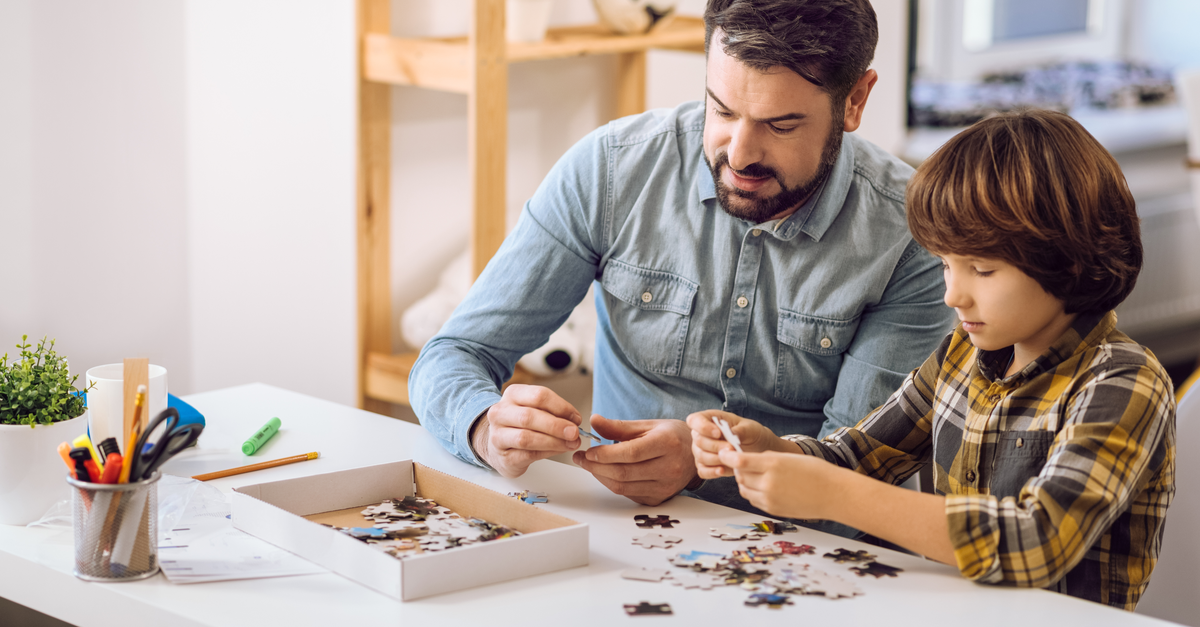
Jigsaw puzzle proficiency involves more than just finishing puzzles quickly or with ease. It requires a blend of abilities, tactics, and mentality that heightens the pleasure and fulfillment gained from resolving these challenging puzzles. Here is what it takes for someone to be good at jigsaw puzzles:
Patience and persistence
Jigsaw puzzle games demand a significant amount of both qualities. They frequently have hundreds or even thousands of tiny components that must be carefully assembled. Jigsaw puzzle mastery requires the perseverance to find and assemble individual pieces even when progress seems sluggish or difficult. It requires a persistent mindset that values the journey rather than merely concentrating on the destination.
Visual perception and spatial awareness
Successful puzzle solvers have excellent spatial and visual awareness. They can visualize how puzzle pieces fit together to make the bigger picture by analyzing the pieces’ shapes, colors, and patterns. They can connect ideas and go along effectively because they can mentally rotate and move puzzle parts.
Organization and sorting techniques
Good organizational and sorting skills are essential for completing jigsaw puzzles. Expert puzzle solvers frequently create their systems, whether they organize the pieces according to color, edge pieces, or certain patterns. They can quickly determine which pieces will most likely fit together by classifying and arranging the components, simplifying the puzzle-solving procedure.
Critical thinking and problem-solving
Jigsaw puzzle games require analytical thinking and problem-solving abilities. To link various puzzle components, solvers must evaluate the available pieces, find potential matches, and draw logical conclusions. They devise methods to deal with various problems, including putting the frame together first or concentrating on specific picture elements. Good puzzle solvers are flexible and adaptable, changing their tactics as they encounter new difficulties.
Paying close attention
When putting together jigsaw puzzles, thoroughness and attention to detail are essential. Good puzzle solvers carefully consider minor variations in colors, forms, and textures to determine where each piece fits. They pay attention to even the smallest details, including the alignment of minute features in an image or the orientation of a specific pattern. This focus on detail ensures the puzzle is correctly put together and the final image is coherent.
Relaxation and mindfulness
Jigsaw puzzles might be mentally challenging, but they also offer a chance for both. Good puzzlers are aware of the therapeutic advantages of this exercise. A sense of peace and mindfulness is required by the puzzler to solve the puzzle.
Wrapping it up
In conclusion, mastering jigsaw puzzle games requires more than just the ability to finish them. It calls for a blend of skills, including cohesion, patience, spatial awareness, problem-solving, and attention to detail. It is a mental exercise that stimulates thought, encourages relaxation, and generates a sense of achievement. Developing these abilities and embracing the fun of the puzzle-solving process will improve your entire experience and make you a true expert at jigsaw puzzles, whether you’re a casual puzzler or a devoted fanatic.

Leave a Reply